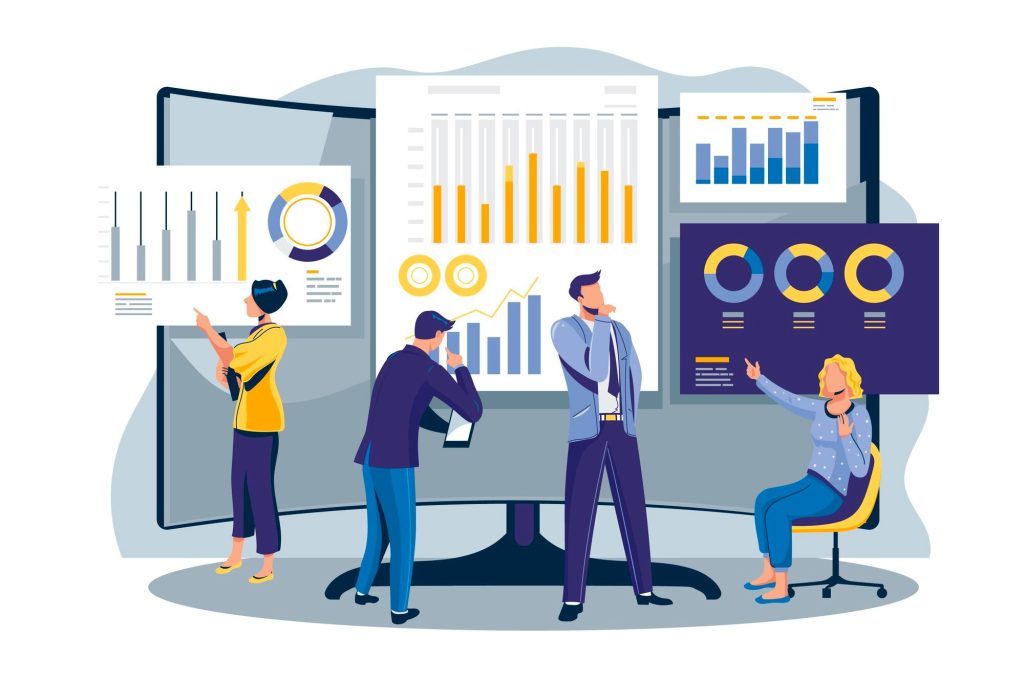
” Food Safety and Sustainability
Food Safety and Sustainability: A Growing Concern
The global food industry is facing a dual challenge: ensuring the safety of food while simultaneously promoting sustainable practices. With the rapid growth of the world’s population and the increasing demands on agricultural systems, the intersection of food safety and sustainability is more important than ever before. Striking a balance between providing safe, nutritious food and preserving the environment for future generations is a critical issue for policymakers, industries, and consumers alike.
The Importance of Food Safety
Food safety is fundamental to public health. Contaminated or unsafe food can lead to various health risks, including foodborne illnesses that affect millions of people worldwide each year. Ensuring food safety involves a multi-tiered approach, from the farm to the table. Producers, distributors, and retailers must adhere to stringent safety protocols to minimize contamination risks and ensure food products are safe for consumption.
Common food safety hazards include bacteria like Salmonella and E. coli, viruses such as Norovirus, and parasites. These pathogens can be introduced during various stages of the food production process, including improper handling, inadequate cooking, or poor sanitation practices. Regulatory bodies, such as the Food and Drug Administration (FDA) and the World Health Organization (WHO), set guidelines and regulations to minimize these risks.
Sustainability in the Food Sector
Sustainability in food production focuses on practices that minimize environmental impact while ensuring food security. The agricultural industry is one of the largest contributors to environmental degradation, particularly through deforestation, water pollution, and greenhouse gas emissions. To address these challenges, sustainable food systems emphasize efficient resource use, waste reduction, and the preservation of biodiversity.
Transitioning to sustainable farming practices, such as organic farming, agroecology, and regenerative agriculture, has become a key strategy for reducing the environmental footprint of food production. These practices prioritize soil health, reduce the use of harmful pesticides and fertilizers, and promote biodiversity. Additionally, sustainable food production includes reducing food waste, which accounts for a significant portion of global food-related emissions.
The Intersection of Food Safety and Sustainability
The growing awareness of environmental sustainability is influencing food safety practices. For example, the overuse of chemical pesticides in conventional agriculture not only harms ecosystems but can also result in pesticide residues in food, posing health risks to consumers. Sustainable agricultural practices that reduce pesticide use and prioritize natural pest control methods help mitigate these risks.
Moreover, the adoption of sustainable food packaging solutions, such as biodegradable materials or reusable containers, also addresses the issue of food safety. Packaging plays a significant role in protecting food from contamination, while sustainable options help reduce plastic waste, which is a growing environmental concern.
Consumer Awareness and Action
Consumers have an essential role to play in promoting both food safety and sustainability. By making informed choices, such as purchasing locally sourced, organic, or sustainably produced foods, individuals can support practices that prioritize environmental responsibility and reduce the carbon footprint of food production.
Education about food safety is equally crucial. Consumers need to understand proper food handling, storage, and cooking techniques to minimize the risk of foodborne illness. Simple actions, such as washing hands before preparing food, cooking meat to the correct temperature, and storing food at the proper temperature, can significantly reduce the likelihood of contamination.
Looking Ahead
The future of food safety and sustainability lies in continued innovation and collaboration. The food industry must invest in research and development to create safer, more sustainable food production methods. Governments, businesses, and consumers must work together to build systems that ensure both the safety of our food supply and the health of the planet.
As global challenges, such as climate change and population growth, continue to evolve, so too will the need for a holistic approach to food safety and sustainability. A proactive, integrated strategy will be critical in ensuring that food systems are resilient, safe, and sustainable for generations to come.
Global Microbial Organic Fertilizer Market Key Challenges, Growth and Opportunities
Global Microelectronics Package Housing Market Key Challenges, Growth and Opportunities
Global Micro-machining CNC Machining Center Market Key Challenges, Growth and Opportunities
Global Microfluidic Pressure Controller Market Key Challenges, Growth and Opportunities
Global Micromanipulation Pipettes Market Key Challenges, Growth and Opportunities
Global Micro Injection Molding Plastic Market Key Challenges, Growth and Opportunities
Global Micro Mirror Processing Foundry Service Market Key Challenges, Growth and Opportunities
Global Microcarrier System Market Key Challenges, Growth and Opportunities
Global Microfiber PU Synthetic Leather Market Key Challenges, Growth and Opportunities


